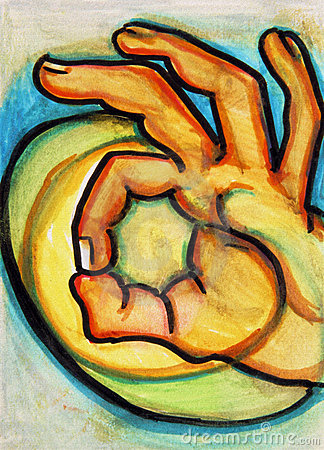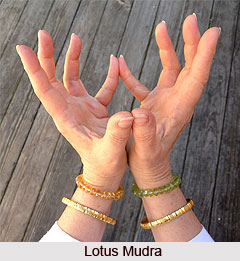Increase Your Happiness by Making
Time for Yourself
You have
multiple priorities on your mind at any given time.
Food, kids,
laundry, cleaning, friends, work, bills, relationships, home, car, shower, sex,
exercise, hobbies, not to mention politics, economics, scientific
breakthroughs, the environment, public education or healthcare.
You are in
constant movement, getting things done, going places, talking to people.
Not only are you thinking about many things at the same
time, recent Harvard research indicates that you're thinking
about something other than what you are doing in the moment at least 47% of the
time.
You spend most of your life engaging with a wandering mind*, thinking about everything you need to
do, pondering world affairs and absentmindedly doing what needs to be done
right now.
You are giving
life half of your attention because almost 50% of the time you're thinking of
something other than what you're doing.
When your life is guided by thoughts about things you must
do or things you have done you will likely fail to focus on the present. And
you might experience a downward spiral* into stress and
unhappiness.
Your focus is on
everything and everyone except yourself.
You are rarely
on your own list!
You feel
responsible for "getting everything done."
This mentality
incorporates the thinking “If I don’t do it, who will?”
When you focus
on everything except yourself you might feel angry, irritable, frustrated,
disappointed, stressed, depressed, lethargic and you might head right for the
chocolate and potato chips.
GIVE YOURSELF A BREAK!
Stress or Ease?
Grumpiness or
Happiness?
At some point
you must make a firm decision that you will stand up for your happiness at all
costs! No matter how many things need to be done or how many people you need to
talk to right away.
You must
acknowledge your happiness as your number one priority.
If you slack on
making yourself a priority the consequences can be unwelcome.
Your unhappiness
will pervade your family, your work and your community, even if you don't
intend to spread those feelings to family and friends.
When you are
ready to:
1. admit your happiness is important
2. acknowledge creating time for yourself is essential
3. create a self-based happiness practice with strict
boundaries
Then determine
what you will do within your happiness practice.
According to the Harvard Gazette:
Dan Gilbert, a
professor of psychology at Harvard, found people were happiest when making
love, exercising or engaging in conversation. They were least happy when
resting, working or using a home computer.
Within your
happiness practice, set aside time to make love, exercise and engage in
meaningful conversation. Avoid idle rest, overwork or unproductive time in
front of the computer.
I would add: Build in daily happiness-boosting routines and engage in meaningful acts of service. Your health and
happiness are your top priorities in life.
You must make
time for yourself.
You can design a
life where your happiness is your foundation.
It's time to put
yourself first and make happiness your top priority.
Who else is
going to do it for you?
Start today!
Make love! Exercise! Call a good friend and have a meaningful conversation!
Express gratitude! Smile and laugh! Sing and dance! Jump up and say, “I'm happy!” Do something that engages your heart!















